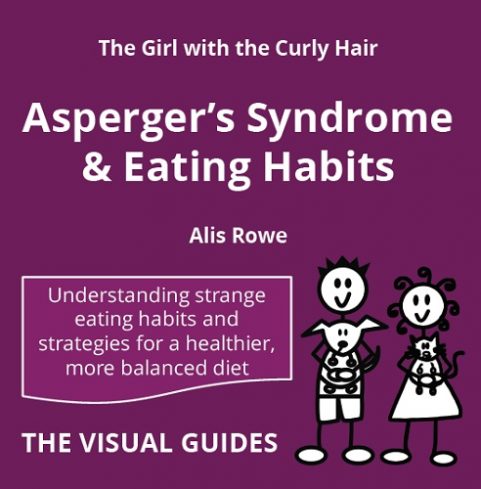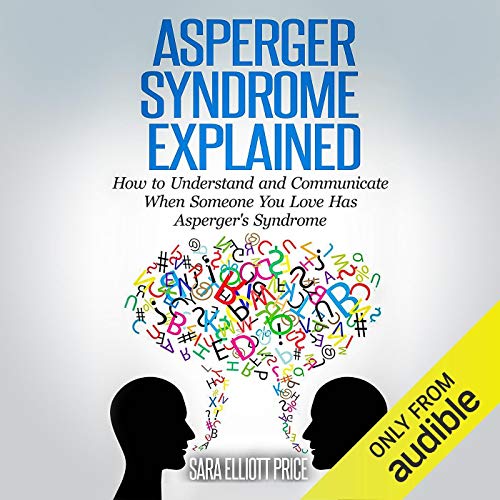
Asperger syndrome or autism spectrum disorder is a pervasive developmental disability characterized by a general inability to learn to socially interact. Typical symptoms of the disorder may include delayed and clumsy movements, poor coordination and awkward gestures, extreme shyness, low interest in social situations and abnormal preoccupations with one's appearance or repetitive, ritualized behaviors.
The exact cause of Asperger's syndrome is not known; however, it is believed that it may be linked to a combination of genetics, early life experiences and environmental factors. The diagnosis of this disorder can take several forms; however, the most common are described here. A thorough physical examination, such as the Wechsler Intelligence Scale for Children-Revised (WISC-R) and the Autism Diagnostic Observation Schedule (ADOS) are necessary for an accurate diagnosis.
When a person has Asperger's syndrome, they will exhibit some of the same characteristics as a person suffering from an autistic disorder. In addition, they are likely to exhibit some of the above mentioned characteristics, while not exhibit all the symptoms.
Asperger's syndrome symptoms include a pattern of interests that involves repetition of tasks or actions
People with Asperger's syndrome tend to have a preference for only a few hobbies, and are likely to repeat routines in their daily lives. For instance, a child with Asperger's syndrome might be a member of one or two clubs, but be expected to attend school and perform their homework in the same way every day. Similarly, they may become extremely interested in a particular hobby, but do not seem to be able to apply that same interest to other tasks.
Asperger's syndrome sufferers also tend to display an extreme focus on one aspect of their environment and the world around them. Children with Asperger's syndrome are often hyper-sensitive and easily irritated, and often find themselves responding to everyday situations with a degree of distress. Other symptoms may include a decreased need for routine or direction in their daily lives, and a failure to follow through on instructions that are given.

Asperger's syndrome children are very active and show no signs of slowing down or sitting still
They are capable of participating in physical activity, such as playing sports or engaging in physical games, but are uninterested in learning about social relationships. or hobbies outside of their daily activities. This lack of interest in the things that interest children is reflected in repetitive and unplanned patterns of behavior; for example, they may play with a toy airplane, but do not participate in its flight or use toys such as dollies or trains when they play with dolls.
Asperger's syndrome children are also at a disadvantage when it comes to communication and are unable to create meaningful relationships with others. These children tend to be less adept at relating to others and in most cases, are quite self-centered. Many of these children are also unable to form long-term, meaningful relationships, with the exception of siblings, parents or caretakers. Asperger's syndrome children are also unable to express their feelings or communicate effectively, due to their severe shyness or low self-esteem. Although Asperger's syndrome children are more introverted than typical children, they are known to engage in repetitive play, including extreme motor skills and repetitive physical movements.
The social interactions of an Asperger's syndrome child are severely limited, due to problems with communicating, which is common with children who are typically non-verbal. Their verbal communication skills may also be delayed, with many children using a variety of facial expressions and gestures, and making infrequent or absent eye contact.
Asperger's syndrome children tend to exhibit an intense interest in one subject or topic, and are often uninterested in others. Children with Asperger's syndrome may have a fascination with toys or objects, but may also show an extreme interest in repetitive games or hobbies that do not interest others. Children with Asperger's syndrome are also less likely to participate in regular school activities, instead focusing on one or two tasks at a time and/or doing them alone.
Many children with Asperger's syndrome do not exhibit typical symptoms of being autistic, although some of them do exhibit signs of autism. Children with Asperger's syndrome, if they do, typically are diagnosed at an early age and receive treatment and services to help them overcome their difficulties. In the majority of cases, children diagnosed with Asperger's syndrome do not require any special education or treatment until adolescence.
In the majority of cases, children with Asperger's syndrome will outgrow their syndrome during their adolescent years and return to normal, emotionally healthy lives. However, if they do continue to experience difficulties with their speech and language development and social interaction, it may be necessary to seek the services of a speech pathologist.